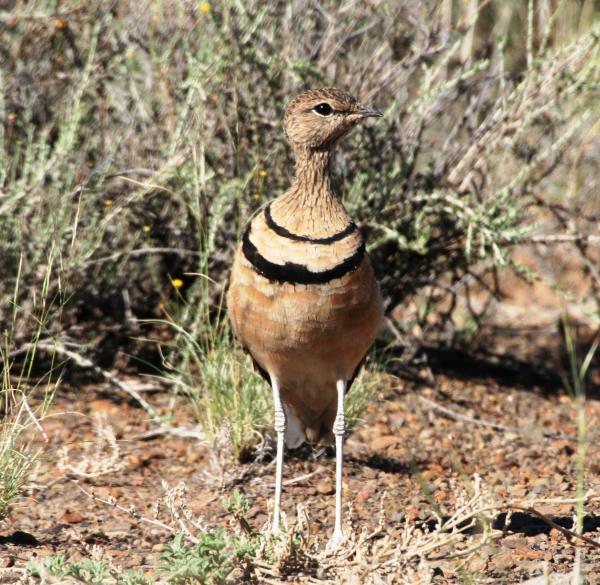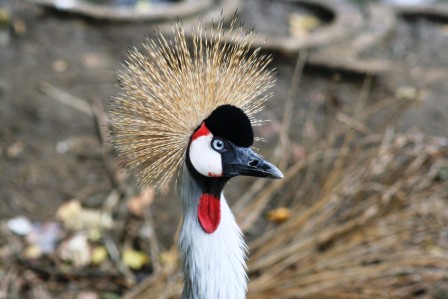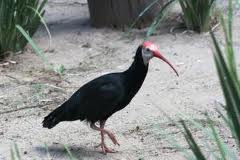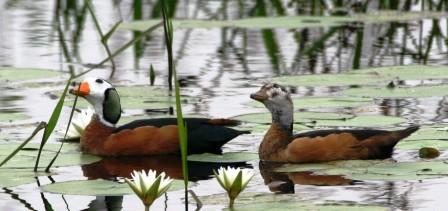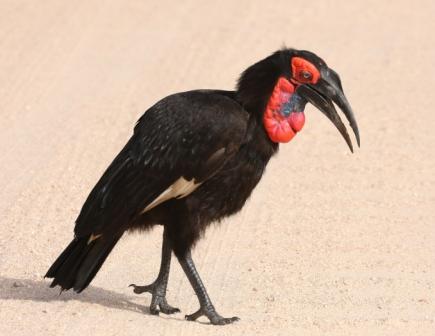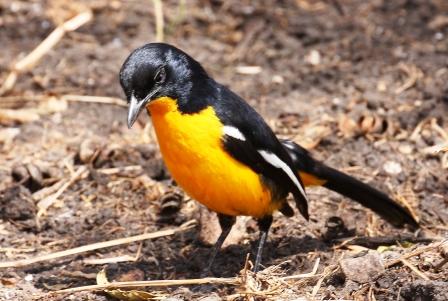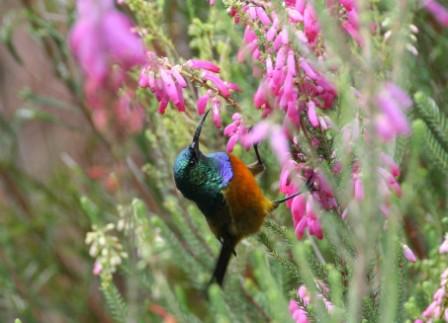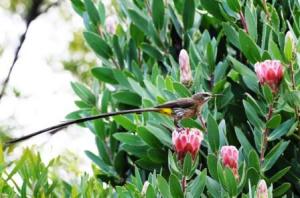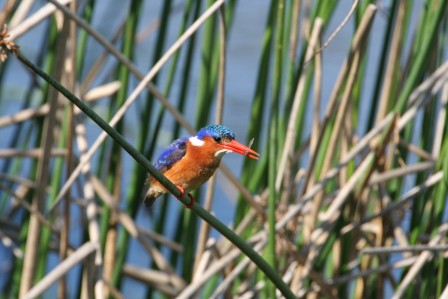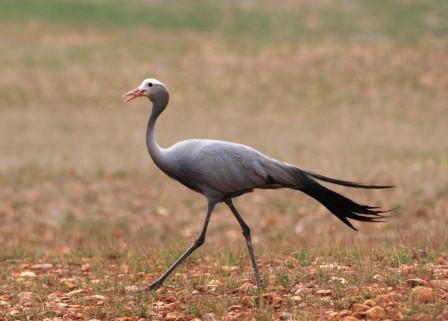|
|
JOIN OUR MAILING LIST |
|
Newsletter / Blog 2011-08-19 British birdwatchers rally to save their summer migrants. It’s one of nature’s greatest miracles: millions of birds leave Africa each spring and head north to nest in the UK and other parts of Europe, only to return to Africa each autumn. However this multi-million-winged migration is under threat. In the UK, for example, according to the 2010 Breeding Bird Survey of the 10 UK birds which have declined the most since 1995, eight are summer migrants, including the Common Cuckoo, European Turtle-dove, Yellow Wagtail and Common Nightingale. Similar rates of loss have been noted across Europe. The decline of these birds is so devastatingly fast that it’s rapidly being dubbed one of the greatest crises in modern conservation. Between 1995 and 2010, according to the 2010 Breeding Bird Survey the UK has lost more than seven out of every ten turtle-doves (74%) and nearly half of its cuckoos (48%). Over the same period: nightingale and Wood Warbler numbers have more than halved (63% and 60%, respectively); Whinchat and Yellow Wagtail populations have tumbled by 55%; the Pied Flycatcher population has fallen by 51%; and Spotted Flycatcher has dropped by 47%. These losses are unsustainable and if left unchecked will put these species in danger of being wiped out across large parts of the UK. Many of these species, including the nightingale, cuckoo and turtle-dove, used to be familiar songbirds. For some species the crisis appears to be deepening as nightingale and turtle-dove numbers slumped by 27%t and 21% respectively, between 2009 and 2010 across the UK. The urgency of this crisis has prompted British birdwatchers to raise funds to help support crucial conservation actions. The organisers of this year’s British Birdwatching Fair, held at Rutland Water, hope to raise in excess of £250,000. Part of these funds will be used to raise awareness of the plight of these migrant birds and the need for action across the whole of their migration corridor from Europe through the Mediterranean and into Africa. Birdfair funding will also support highly targeted conservation actions on the ground in three West African countries, where these birds spend the winter. Tracing the journeys of thousands of migratory birds which commute between Africa and Europe, visitors and representatives from Ghana will be amongst the guests at this year’s British Birdwatching Fair and the event will be opened by His Excellency Professor Kwaku Danso-Boafo, the Ghanaian High Commissioner in London. Richard Grimmett, Director of Conservation at BirdLife International, said: “In some cases, it is necessary to gain a better understanding of what is driving these declines, but for others we already know enough to be able to target the principle causes. These birds urgently need our help.” The RSPB’s Martin Davies, one of the co-founders of the Birdfair, said: “The cuckoo and the gentle purring of a turtle dove provide a comforting vocal backdrop to picnics and village cricket games. However, we are in danger of losing these sentinels of summer, as the birds’ populations have slumped since the mid 1990s. “Birds do not recognise international boundaries and all the countries along their migration routes have a shared responsibility to look after these remarkable species. The world is changing rapidly and pressures such as habitat destruction, illegal hunting and climate change are believed to be having a major impact on populations of these birds, but it will be a race against time to tackle these declines. We hope Birdfair funds will make a significant contribution.” The British Birdwatching Fair, which is being held at Rutland Water for its 23rd year, has a long history of funding global conservation projects. Since its launch in 1989, the fair has raised well over £2 million and has funded a range of projects from albatrosses in the southern Ocean to the rainforests of Ecuador and Indonesia. Last year’s focus was the threatened birds of Ethiopia. The event raised £242,000 for vital conservation work for those birds confined to the south of the country. Tim Appleton of the Leicestershire and Rutland Wildlife Trust is the fair’s co-founder and organiser. He said: “Reflecting the movement of birds around the world and the urgent need for conservation action in many countries, we’ve always felt it appropriate that the Birdfair has an international feel and focus. The same is true this year, but when we started the Birdfair we could scarcely have imagined that one day that international focus would be on rapidly declining species so close to home. It’s deeply troubling that birds that occur within a stone’s throw of the Birdfair, such as turtle doves, cuckoos and nightingales, are now in such desperate need of help. These are amazing birds worthy of every ounce of effort we can take to protect them: and we know that many visiting birdwatchers feel the same way.” Funding from the British Birdwatching Fair will complement funding from the Dutch Postcode Lottery to develop highly-targeted conservation programmes through the BirdLife International Partners in several key West African countries, including Burkina Faso (Naturama, Fondation des Amis de la Nature), Nigeria (Nigerian Conservation Foundation) and Ghana (Ghana Wildlife Society). The RSPB (the UK Partner of BirdLife International), the British Trust for Ornithology (BTO), and Vogelbescherming Nederland (the Dutch Partner of BirdLife International) are providing support to BirdLife International’s African Partnership Secretariat, which is managing and co-ordinating the overall project. The RSPB, the BTO and the BirdLife International Danish partner – Dansk Ornitologisk Forening – are also working on closely-related projects in West Africa investigating the causes of decline of migrant birds shared between the two continents. Migratory birds elsewhere around the world are also in trouble, and the Birdfair has agreed to fund conservation projects focusing on migratory species for the next three years. The Birdfair will become the first global sponsor of BirdLife International’s Flyways Programme. In 2012, the Birdfair will fund conservation work along the Eastern Asian flyway and in 2013 the focus will shift to the Americas. Tim Appleton added: “Birdfair has grown enormously over its 23-year history, but it still manages to capture a great atmosphere of friendliness and relaxed enjoyment. In fact, it is a great day out for anyone interested in the countryside. For many exhibitors and visitors alike, it is firmly established as the international wildlife event of the year.” |
| Back | Back to top |
 |  | Cape Town Tourism  |
|||||||||||||

